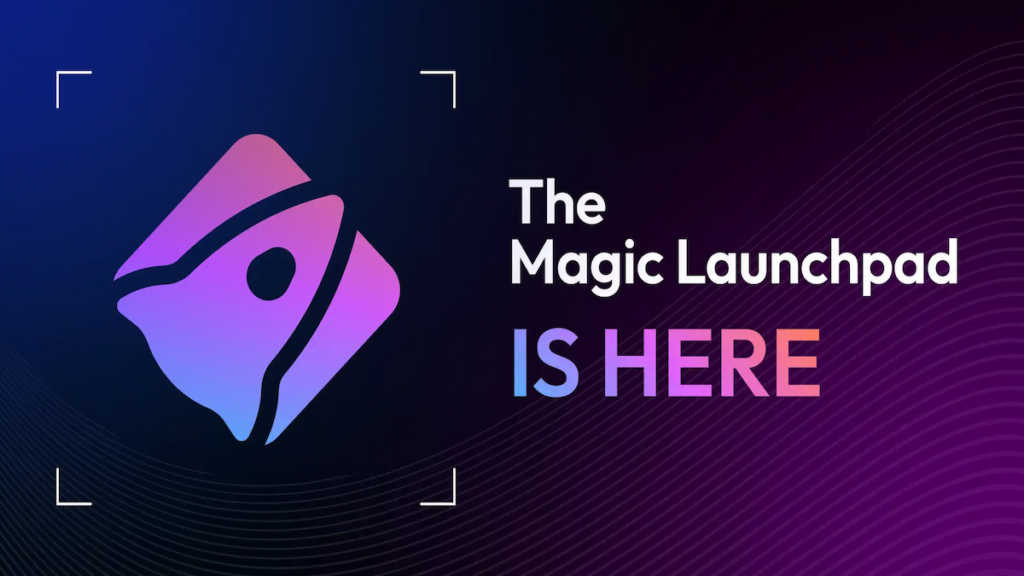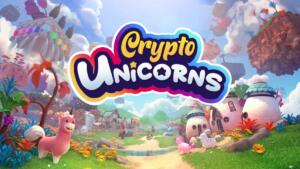An NFT is a piece of data stored on a blockchain. Every NFT contains a distinct ID that cannot be duplicated or imitated, along with metadata that can be attached to various items as evidence of ownership that cannot be changed.
For instance, the metadata found in an NFT may be associated with digital pictures, music, clips, or virtual characters. Find out more interesting information at https://slotamia.com/. It could also be associated with tangible possessions such as automobiles and boats, or utilized to grant exclusive perks like merchandise and event tickets to NFT owners.
NFTs enable people to easily verify the creation, purchase, and sale of items through blockchain technology.
This is particularly important for digital assets, as NFTs provide creators with a method for verifying an item’s origins.
Provenance is documentation that confirms the creator, ownership history, and appraisal value of a specific art piece for those unfamiliar with the term. Vitaliy Klymenko, Editor In Chief in Slotamia says before NFTs, there was no method to confirm the originator and ownership background of digital pieces.
When it comes to making and selling NFTs, the procedure is quite straightforward. This is how it operates:
- An individual or company chooses a special asset to connect with an NFT.
- They put the item onto a blockchain compatible with NFTs by using a method known as “minting,” which created the NFT.
- The NFT currently symbolizes that object on the blockchain, confirming ownership in a record that cannot be changed.
- The NFT can be stored in a private collection or sold, purchased, and exchanged on NFT platforms and auctions.
- As you can probably guess, the precise definition is a little more complicated.
What Sets NFTs Apart From Cryptocurrency?
You use the money in your bank account to purchase goods and services in the real world. Similarly, cryptocurrency is employed for all transactions carried out on the blockchain. Cryptocurrency exchanges allow you to purchase or trade crypto with traditional currencies (like dollars, euros, and yen) or other digital currencies (such as BTC, ETH, and SOL).
Alternatively, an NFT is a unique item that can only be purchased using digital currency. Just like a rare trading card or a unique piece of art, its value can change regardless of the currency used to buy it.
In a nutshell, NFTs are one-of-a-kind, whereas cryptocurrencies can be exchanged for one another.
Reflecting on traditional fiat currencies can help us understand this concept better. If we asked you to borrow one dollar from us, you wouldn’t first inquire about which particular one-dollar bill we require. Doing that would be unwise, as every $1 bill has equal worth and can be used interchangeably with any other $1 bill. This is because the U.S. dollar can be exchanged easily. Cryptocurrencies can be exchanged with each other easily. They are not unique and can be interchangeably replaced with other options.
NFTs stand out because they are not exactly the same. Each NFT is a unique piece of data with no exact copy, making replication impossible.
Within the world of NFTs, their attractiveness and popularity are amplified due to their distinctiveness and limited availability. Similar to other scarce items, the limited supply of NFTs allows sellers to command higher prices for them.
What Is The Reason For Owning NFTs?
Recently, the popularity of NFT art has surged. Nevertheless, there remains a significant amount of doubt. In the end, NFTs are typically associated with digital files. What sets owning an NFT apart from owning a screenshot of a photo? Is the concept of “proof of ownership” significant? Here are some key reasons why individuals possess NFTs to assist you in making a decision.
1) It Gives Artists Power
Publishers, producers, and auction houses frequently pressure creators into agreements that are not in their best interests. Artists can create and sell their work using NFTs, enabling them to maintain ownership of their intellectual property and artistic direction. They can also potentially receive royalties from any subsequent resales of their artwork.
NFTs can establish more equitable systems by circumventing the current controllers of creative industries, prompting many people to purchase NFTs as a means of empowering and financially backing their favorite creators.
2) The Ability To Be Collected
Even though it was produced for under five cents, a 1952 Mickey Mantle rookie card was purchased for $5.2 million due to its historical significance, scarcity, and cultural importance. In several ways, NFTs can be seen as the online equivalent of this. NFTs provide a special chance for those looking to create a digital asset collection, something that has never been seen outside of the traditional collectibles and art markets.
Author

The views and opinions expressed in this guest post are solely those of the author, and do not necessarily reflect the official policy or position of NFT News Today.





